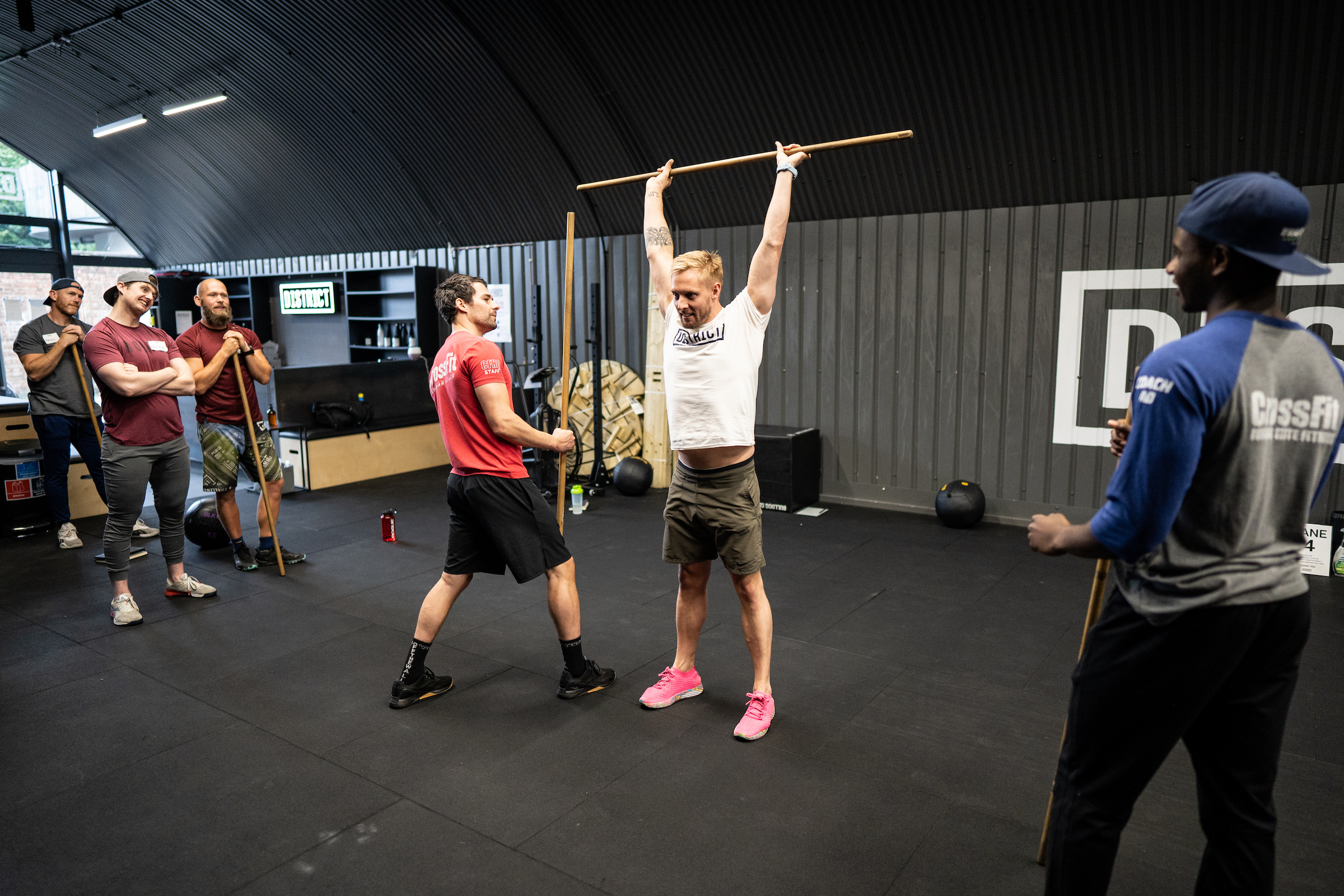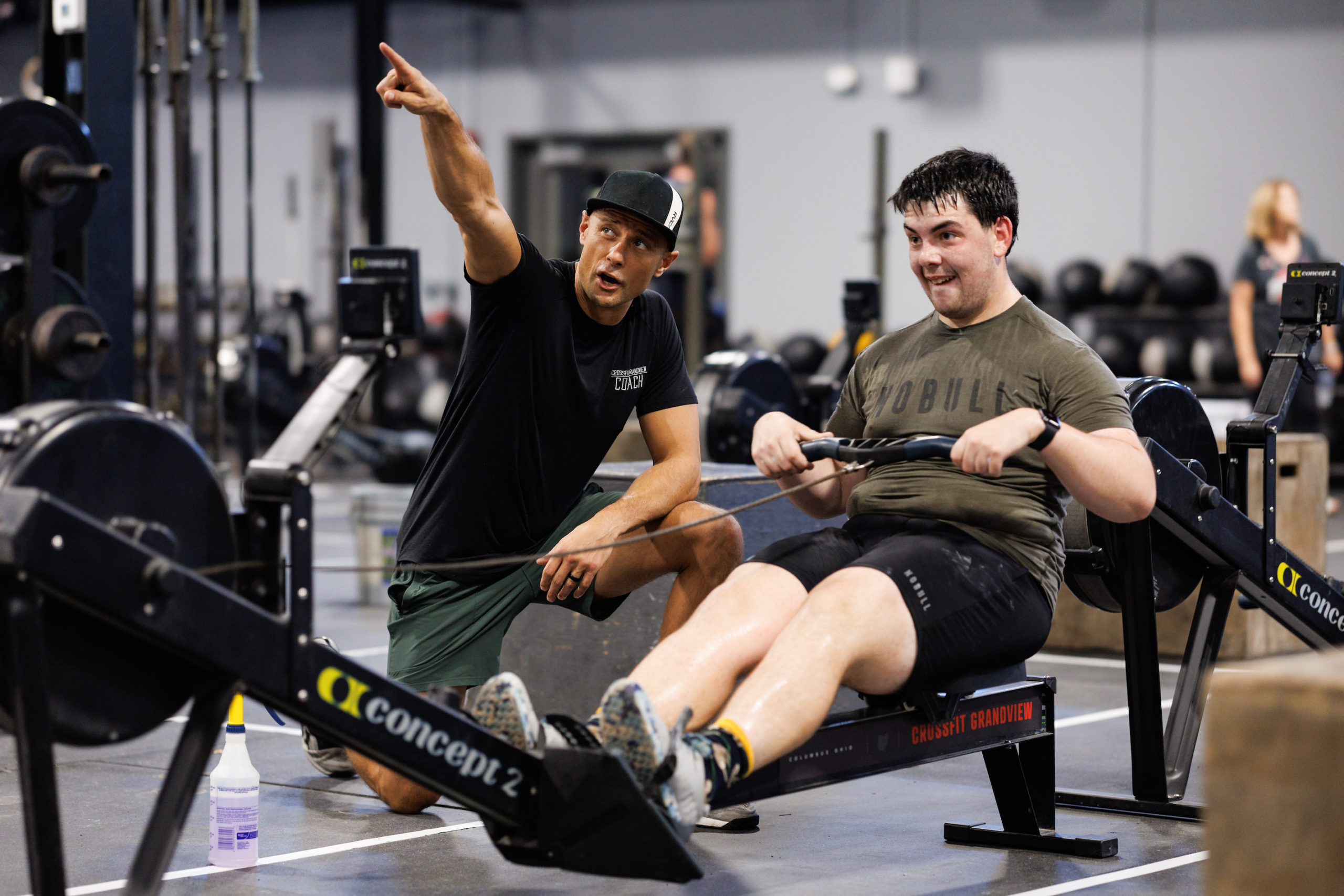I am a fitness trainer. My practice is more than just a job; it is my passion. My clients are my top priority, and their successes are my life’s work — I am a professional.
On the surface, my job is to shepherd my athletes (I view all my clients as athletes regardless of their age or ability) toward physical prowess, but I recognize a purpose to my efforts and an impact on my athletes that transcends the physical. I view training as a physical metaphor for habits and attitudes that foster success in all arenas. I stress that point to all who train with me and I know I’ve been successful only after they bring back concrete examples.
The lessons learned through physical training are unavoidable. The character traits required and developed through physical training are universally applicable to all endeavors. Perseverance, industry, sacrifice, self-control, integrity, honesty, and commitment are best and easiest learned in the gym. Even clients who have found spectacular success in business, sport, war, or love find their most important values buttressed, refined, and nourished in rigorous training.
Being a professional, I believe that my competency is solely determined by my efficacy. My methods must be second to none. Accordingly, fitness trends and fashions are distractions, not attractions. To the extent that my methods are often unconventional, unaccepted, or unique, they reflect the margins by which I dominate my industry, and I take those margins to the bank. A trainer who lusts for popular approval is chasing mediocrity or worse.

Committed to unrivaled efficacy, I’ve often had to develop new tools and methods. This cannot be done without study and experimentation; consequently, a lot of my work is done not in the gym but in books and scientific literature and in communication with other trainers and coaches.
My competency is determined by my efficacy, which is ultimately determined by my athletes’ performance — performance that must be measured. Competition, testing and record-keeping let me know the difference between merely looking or feeling good and actually being good at what I do.
My commitment to my athletes is clearly expressed and perceived in our first meeting. I am all theirs. They are the object of my focus and the focus of my conversation. They come back not because of my physical capacity but because they believe in my capacity to develop theirs. World-class athletes rarely make world-class trainers.
I understand that the modern and near-universal trend of skillless and low-skill programming delivers inferior results and makes cheerleaders of trainers. I’ll have none of it. I have to understand the mechanics, cues, and techniques of complex movements and to be able to teach them to others. I bring a skill set to my training that scares off most trainers.
Keeping up with my athletes’ progress demands that I continue to refine and advance my understanding of advanced skills. If a trainer’s clients aren’t testing the limits of his knowledge, he’s not doing a good enough job with them. The master trainer is eager and proud to have a student exceed his abilities but seeks to delay it by staying ahead of the athlete’s needs rather than by retarding the athlete’s growth.

Because I want my clients’ training experience to transcend the physical realm, I am obligated to understand their jobs, hobbies, families, and goals. Motivating clients to transcend fitness requires that I be involved in their lives. This isn’t going to happen without my being both interested in them and interesting to them.
Being a voracious reader of books, newspapers, and magazines, I have no shortage of conversations, ideas, and knowledge to share, and so you’ll find me at my clients’ parties, weddings, and family gatherings. Indeed, I am a personal friend to nearly every one of my clients. This is extremely gratifying work and often emotionally charged, but that’s all right because I am an integral part of my athletes’ lives, and life is full of laughter, tears, and hope.
Our friendship, the fun we have, and the frequency of our contact, coupled with the scope of fitness’ impact and the technical merits of my training, contribute to a professional relationship with my clients that they value uniquely.
In appreciation, they do all my marketing. I don’t advertise, promote, or market. I train very, very well. The more clients I get, the more clients they bring. I don’t have time for promotion; I’m too busy training.
Professional Training